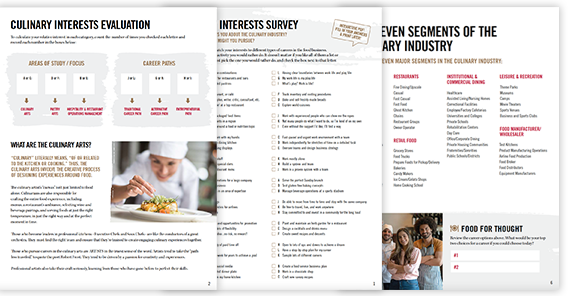Choosing The Right Fuel For Your Charcoal Grill
Now that we are officially in barbecue season, get ready to dive into a heated debate as you fire up your charcoal grill. After putting in the time to prepare, season and marinate your foods for the grill, a culinary academy student, such as yourself, isn’t going to want to just light any type of fuel to cook it. Some grill masters will swear by charcoal briquettes, whereas other pitmasters wouldn’t dream of using anything but hardwood lumps. While the title of “best fuel for barbecuing” largely rests with individual preference, here is a breakdown of the benefits and drawbacks of the different fuel sources.
Hardwood lumps
This type of fuel is often hailed by barbecue purists as being the only real option for fuel because it is the most natural. Charcoal is created by burning wood in an environment that is deprived of oxygen. Without this element, the wood can’t catch on fire. However, the heat melts away everything inside the wood, except the carbon, and creates what we call charcoal. As far as hardwood lumps go, that is the end of the process. Nothing else is added to the charcoal or done to it to enhance it, earning it the title “all-natural” fuel.
Fans of hardwood love its ability to withstand higher temperatures that are ideal for searing meats and the smoky flavor that it adds. Oak, hickory, maple and apple tend to be the overwhelming favorites for this flavorful standby.
Charcoal briquettes
If your cooking programs have you more concerned with finding an efficient and predictable fuel source, then you will enjoy cooking over charcoal briquettes much more than hardwood lumps. Briquettes take the process of preparing charcoal a couple steps further than simply burning hardwood in a poorly oxygenated environment. While their exact makeup is vague, charcoal briquettes are known to contain additives in them such as coal, cornstarch, sawdust and sodium nitrate.
Briquettes are appealing to amateur and master grillers alike because they burn extremely even and don’t influence the flavoring of the food being cooked. The main drawback, however, is that they become very ashy as a result of the additives and therefore don’t get as hot as hardwood lumps. If you are using a kettle grill, though, the ash isn’t too big of a problem. Briquettes are also appealing, especially to students at an culinary school, because they are less expensive than hardwood lumps and burn for longer, making them a more efficient type of fuel.
Online Culinary School Planner & Checklist
Online Culinary School Planner & Checklist
Find out what a culinary education can do for you.

What might a career in the culinary or pastry arts look like for you? Online culinary school is a fast, affordable way to launch a career in the culinary or pastry arts. Get the workbook to see how it could help you.







Recent Comments